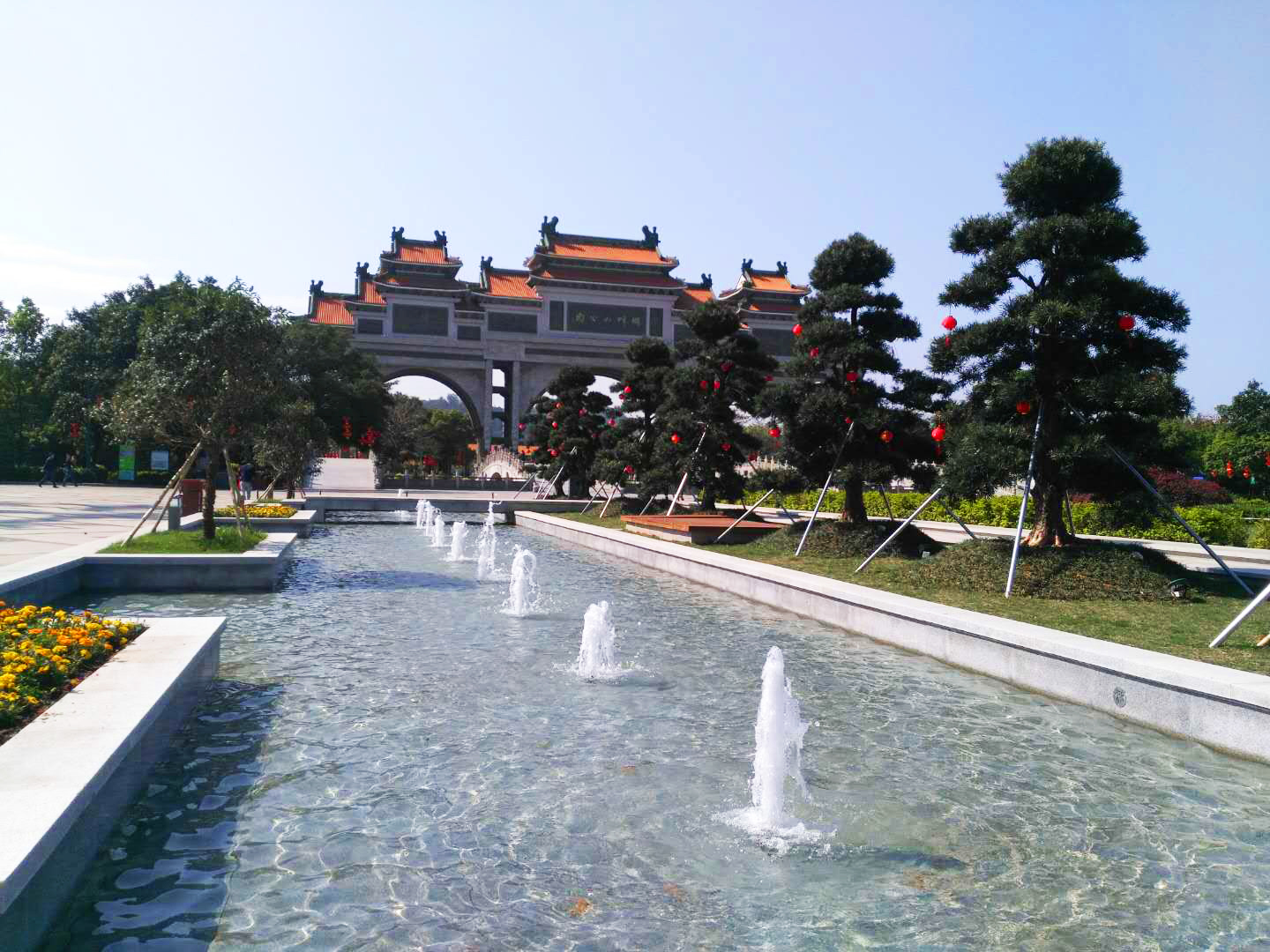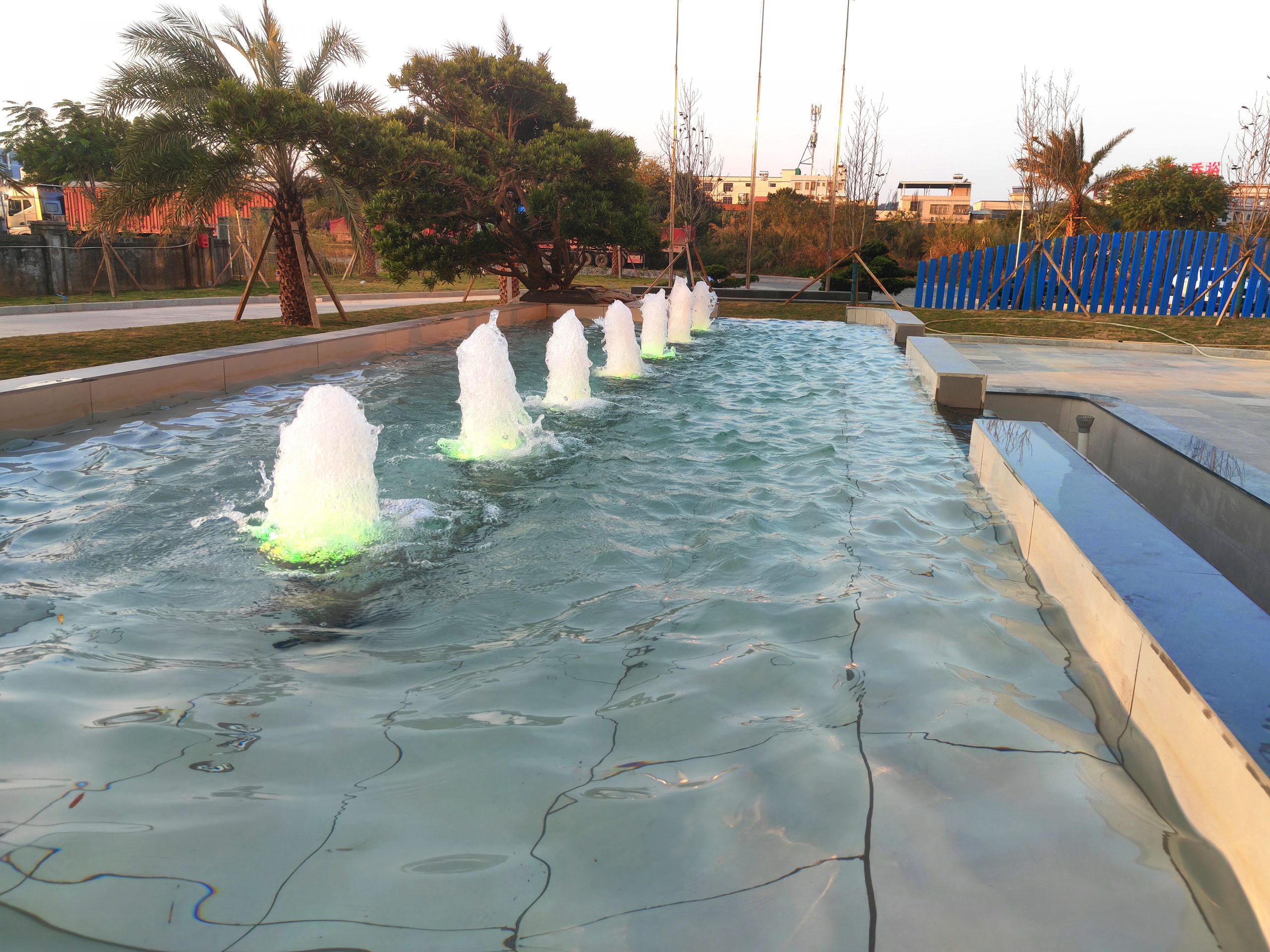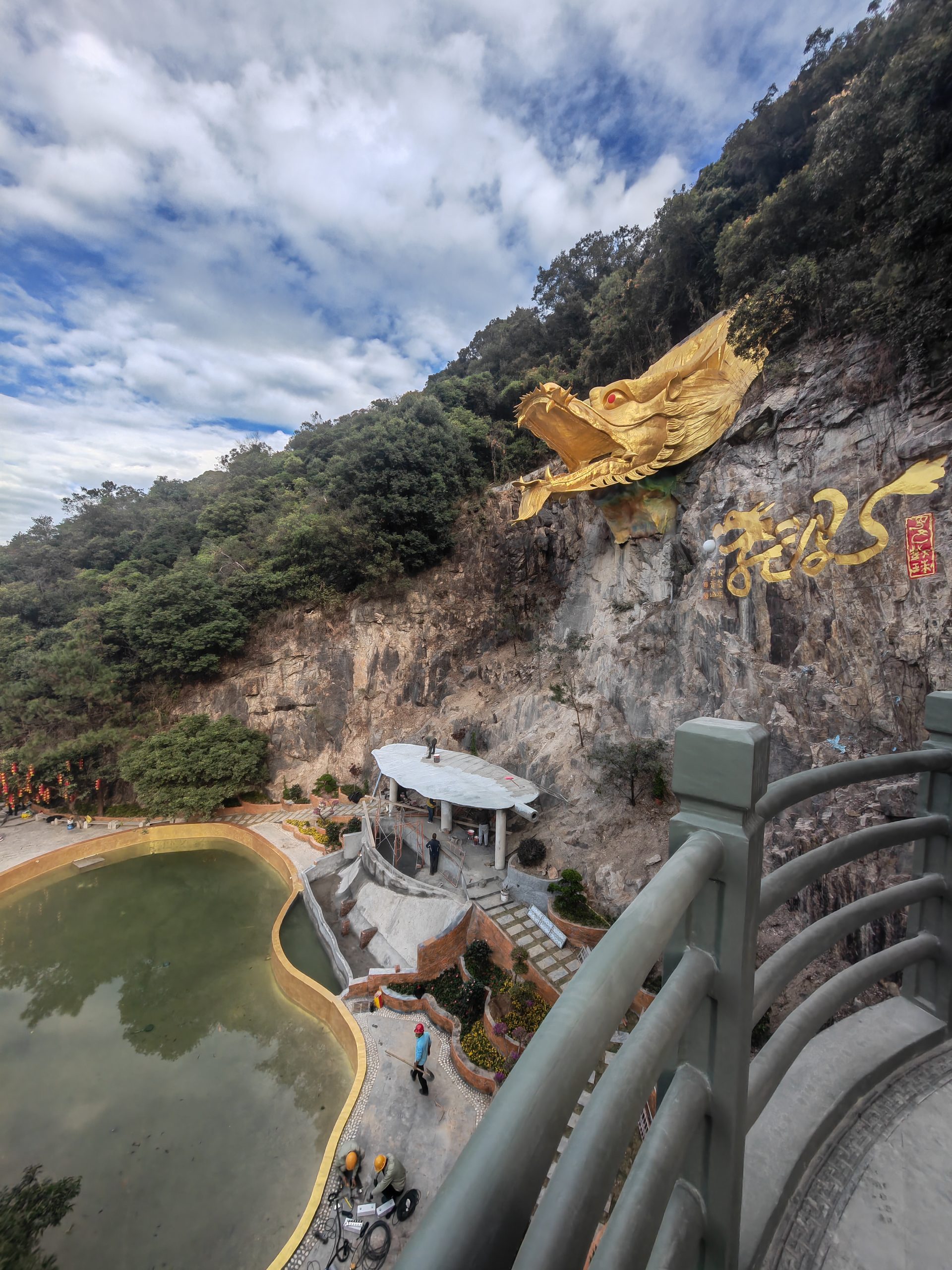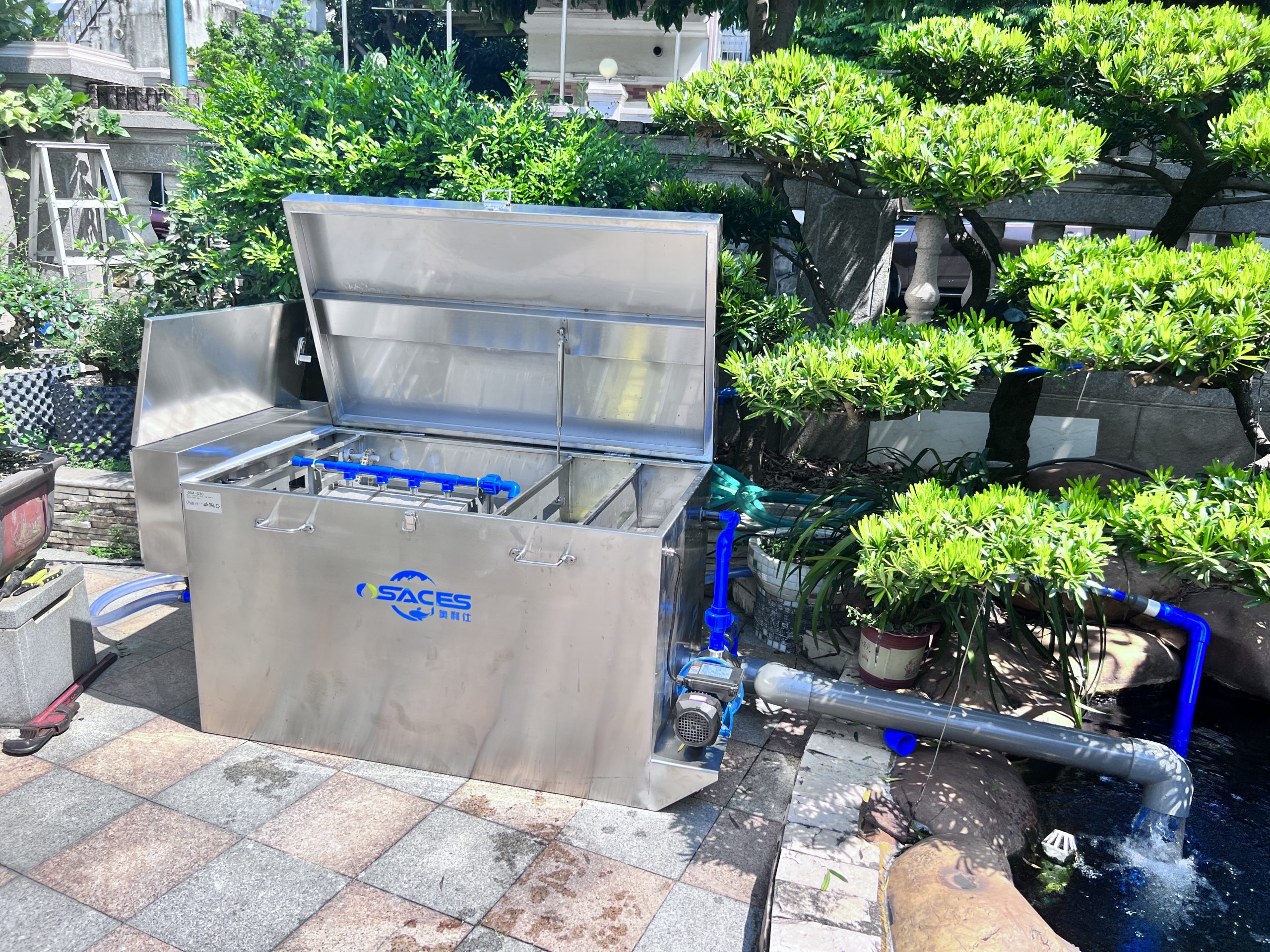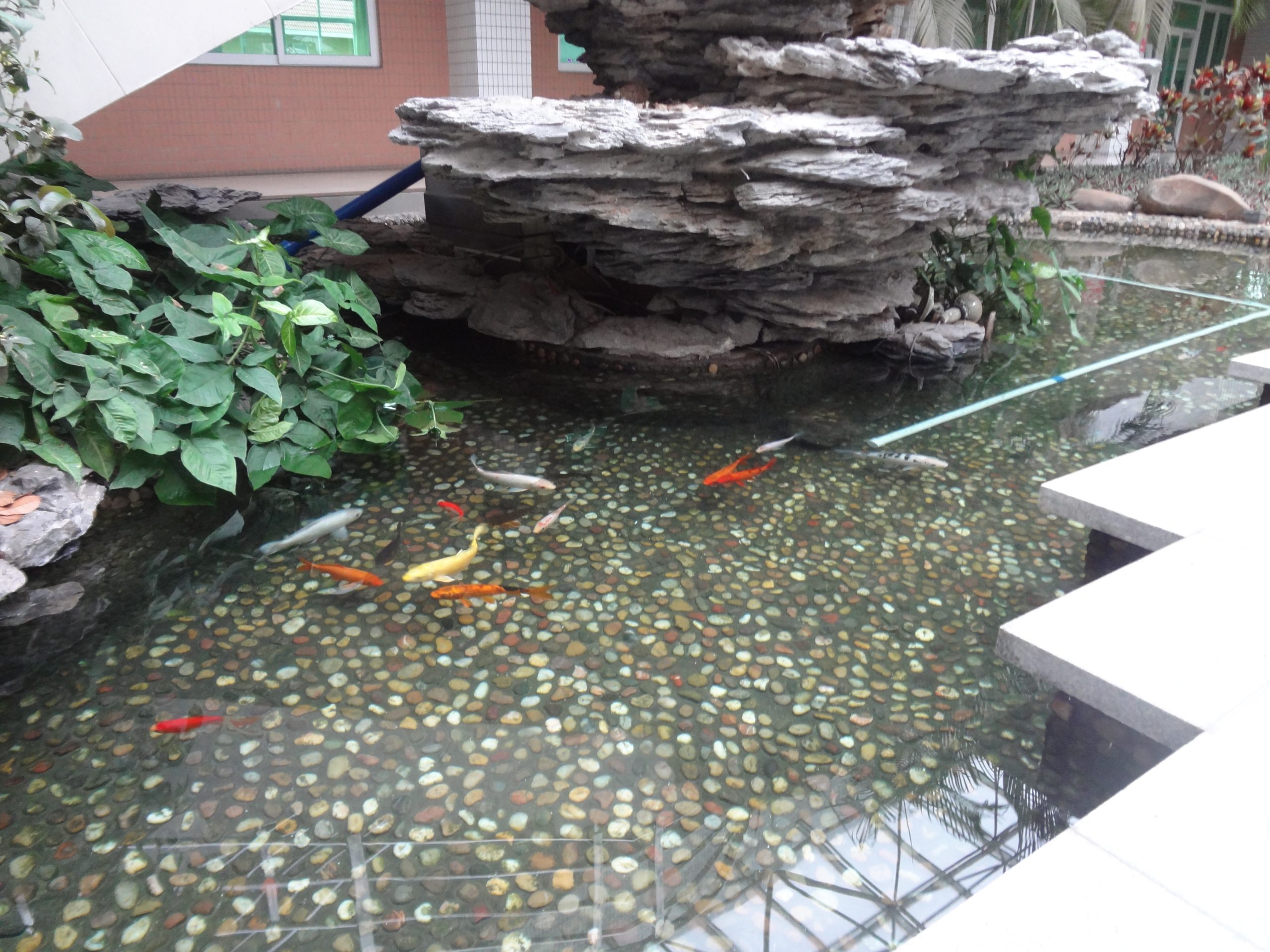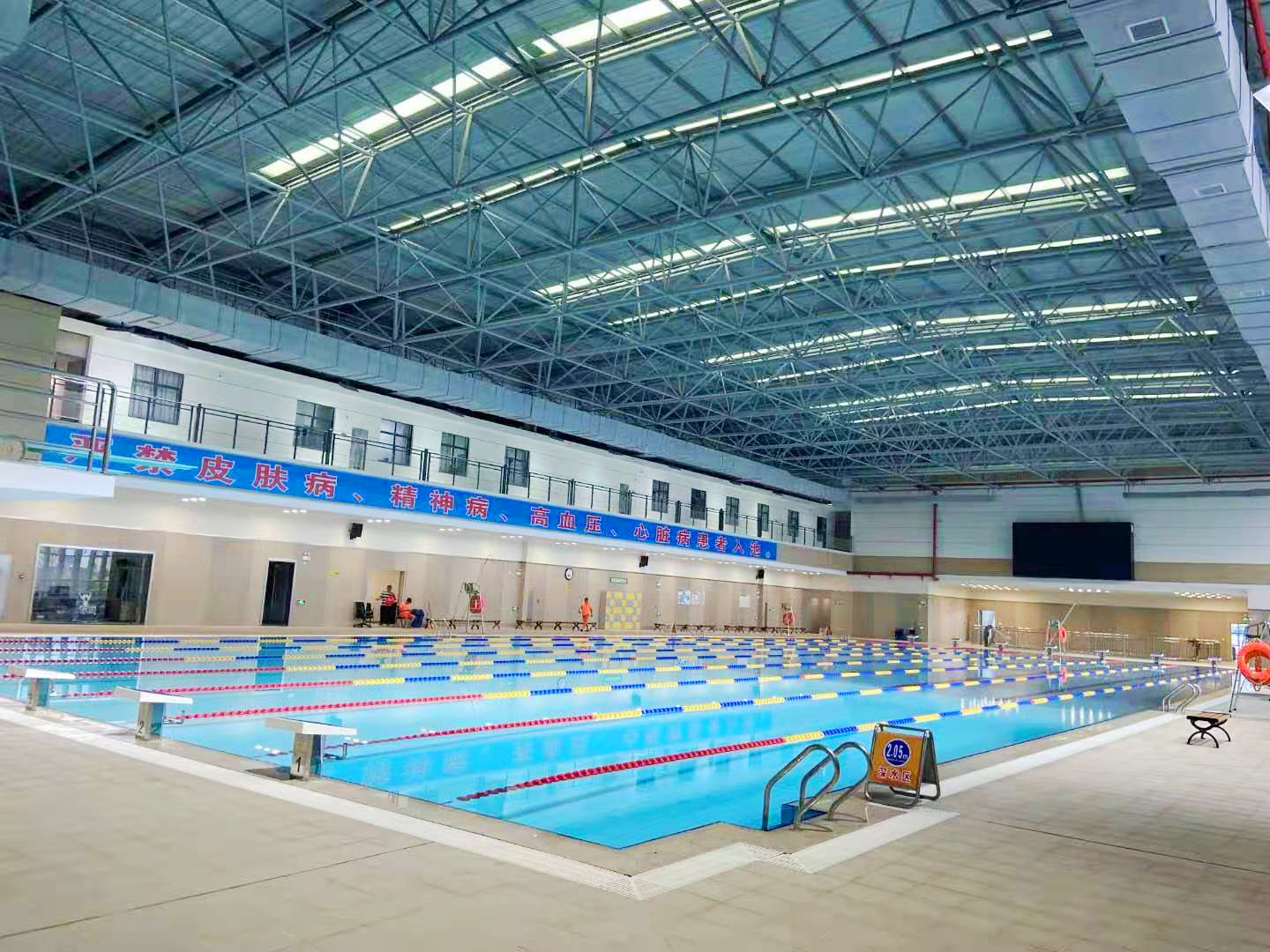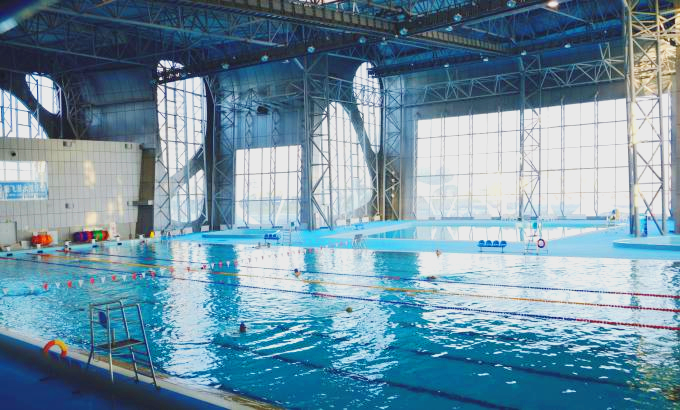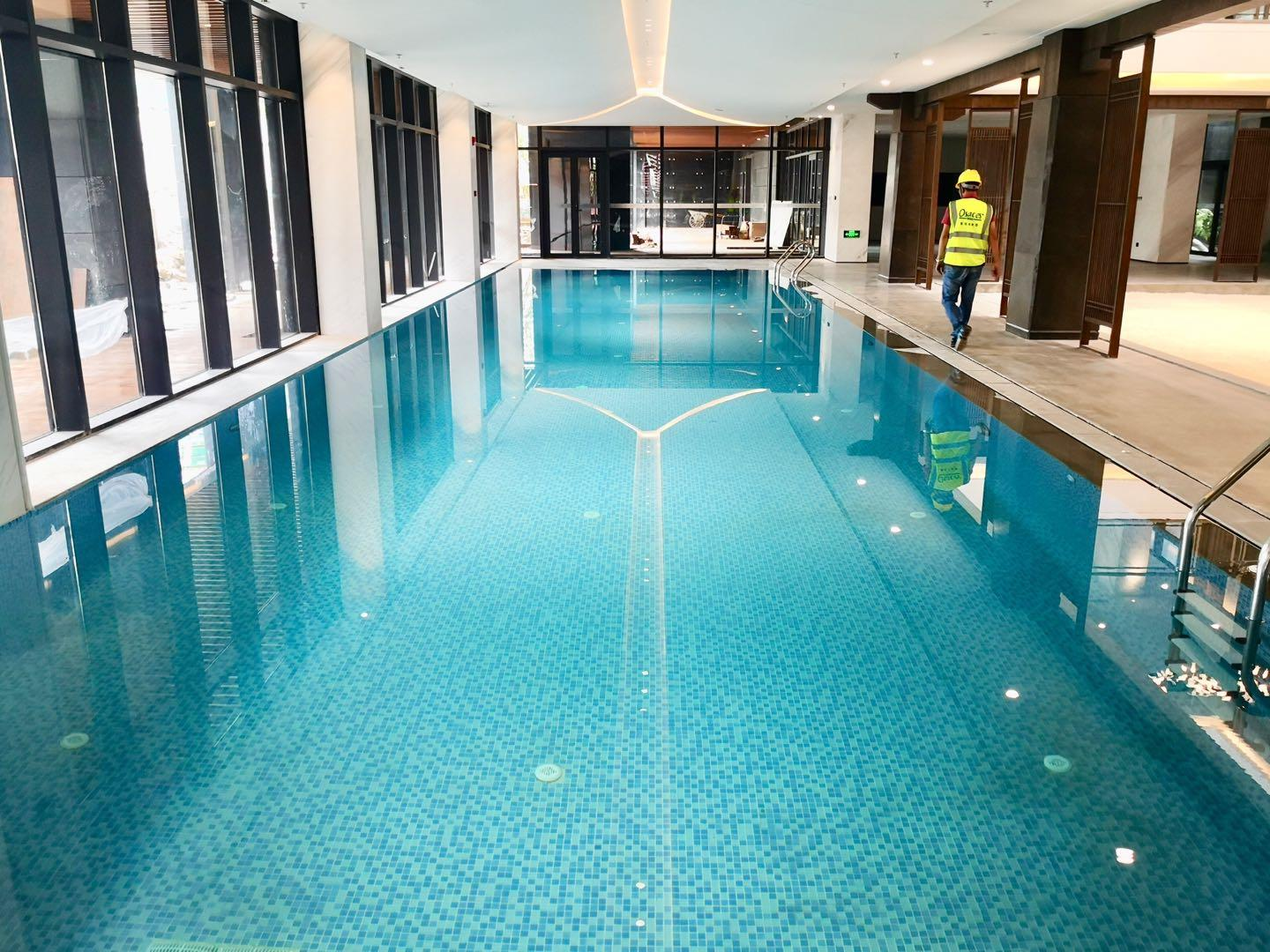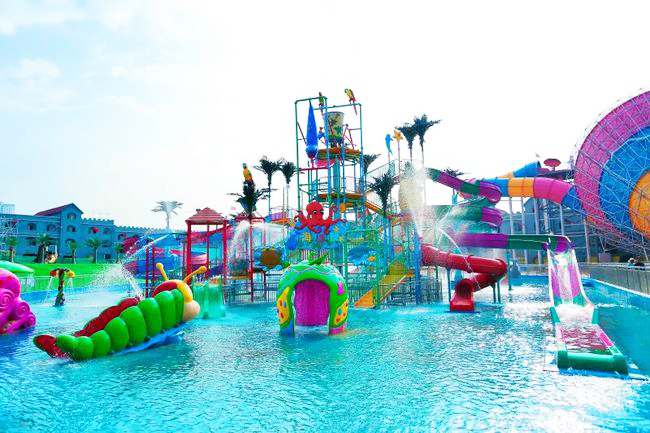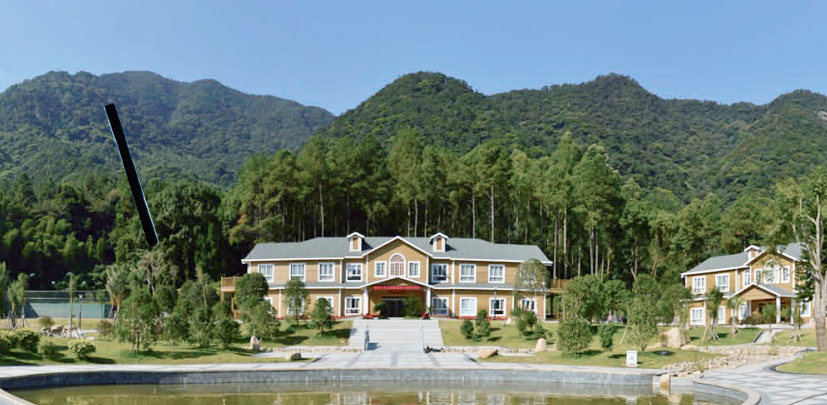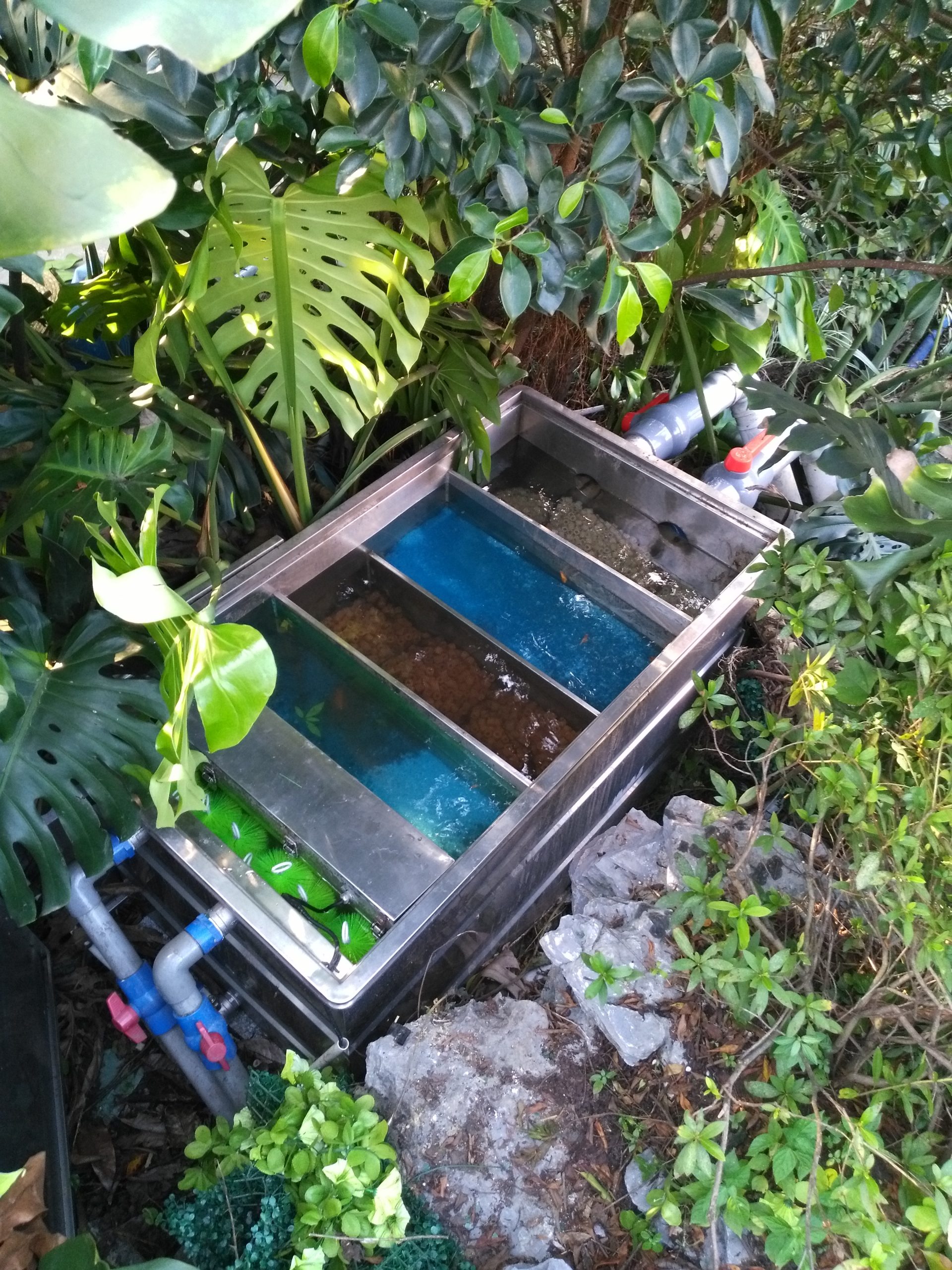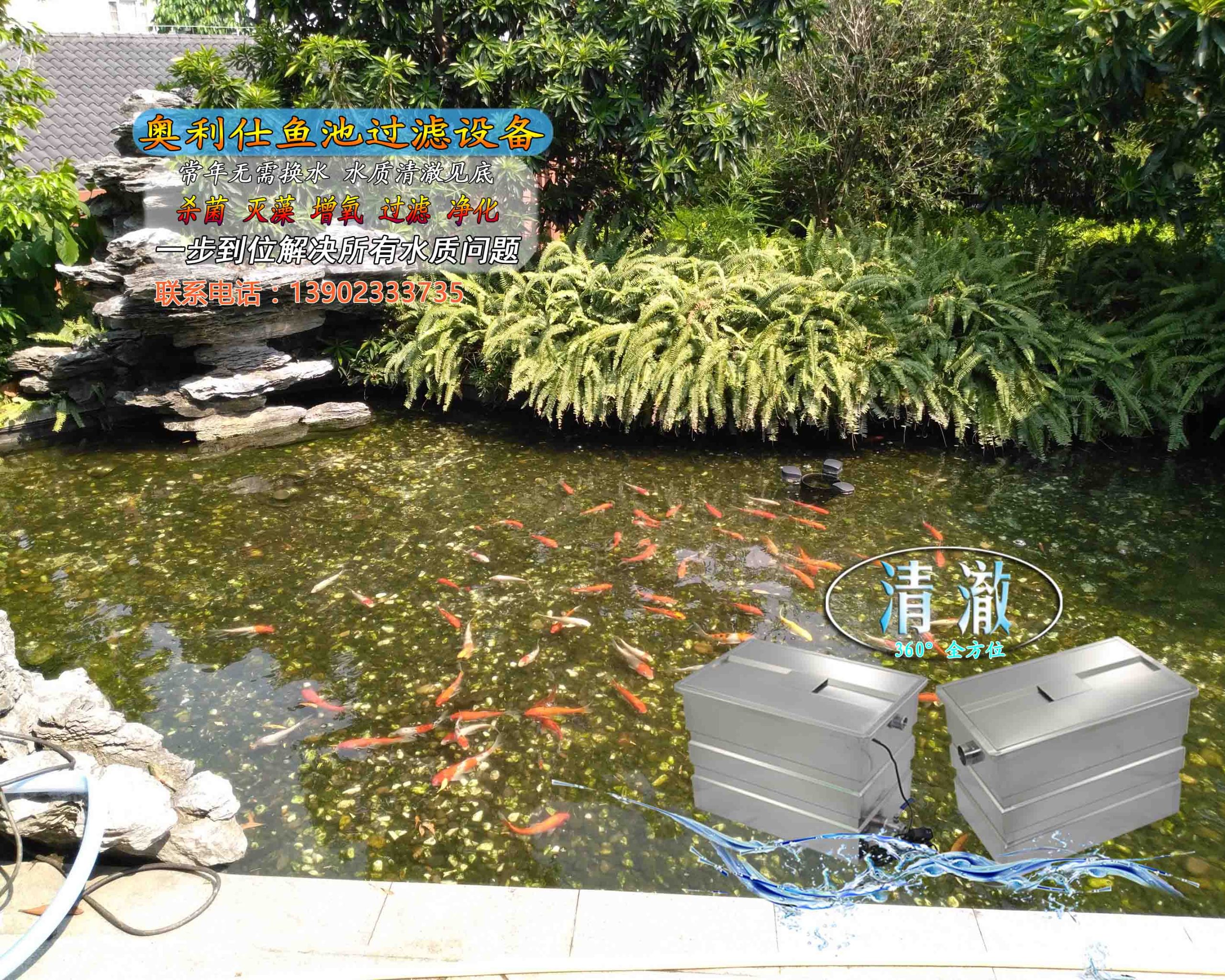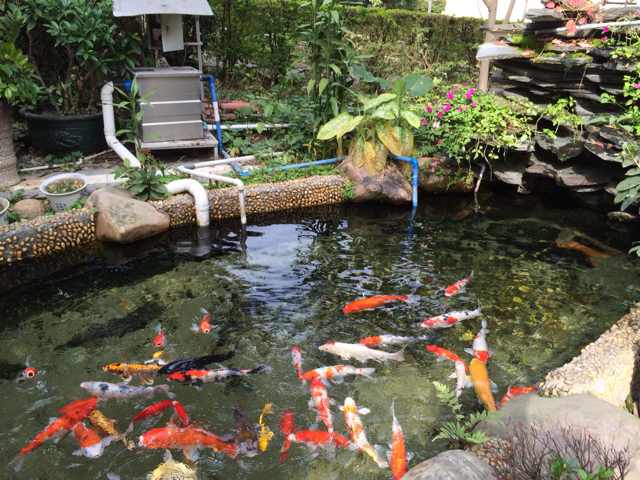News Center
contact details
 Ollies (Guangzhou) Recreation and Sports Equipment Co.
Ollies (Guangzhou) Recreation and Sports Equipment Co.Tel: (020) 82686289
Fax: 020-82694853
Headquarter: No.31-37, Xincun 2 Road, Shangjiang North Street, Dongzhou Village, Xintang Town, Zengcheng City, Guangzhou, Guangdong, China
Bait feeding times from early spring to the rainy season
The physiology of koi without a stomach and being a metazoan is what predisposes them to indigestion and is also closely related to koi diseases.
In the summer with average high water temperatures or in the winter when bait is not fed, there is usually no problem. The period from early spring to the rainy season and after mid-autumn is the period when you are prone to illness. Have your carp ever suffered from "bleeding and reddening of the skin", "upside-down scales on some parts of the body", "redness and swelling near the anus" or gill disease during these periods?
The causes of these symptoms are all related to indigestion, which is of course related to the quality of the bait, but is usually caused by too much bait and wrong timing of feeding.
If you feed bait during high water temperatures, because the koi's body temperature rises, their metabolism is active and their appetite is strong, they eat a lot of food. As long as the high water temperature is maintained, all the food eaten can be digested. However, if it suddenly rains heavily or the temperature suddenly drops after the sun goes down after a big meal, there will be problems.
When the temperature of the water drops at the time when the bait entering the intestines must be digested, it cannot be completely digested, and this is the cause of disease. When fecal matter hoards the body and is susceptible to diseases like pathogenic bacteria, the anus will bruise, the area around the abdomen will be red and swollen, and microscopic blood vessels all over the body will float like netting.
If these symptoms occur again and again, the koi themselves are under a lot of stress. When koi are stressed, their ability to fight off disease is weakened, and it is very likely that they will deteriorate into a major disease, so it is absolutely necessary to time the feeding of bait properly.
So, when is the best time to feed bait? From early spring to the rainy season, and after the fall when the temperature changes drastically, besides controlling the amount of bait to be fed, it is also necessary to pay attention to the weather forecasts, and absolutely do not feed the bait when it is predicted to rain on that day or when the temperature will drop in the evening.
When the weather forecast is for rain starting in the evening, be sure to finish feeding before noon. It is a good practice to feed when the temperature is rising and not to feed when the temperature is falling. If you feed when the air (water) temperature starts to rise, even if the amount of food is small, it will be fully digested by the time the water warms up and will not burden the koi.
Drastic changes in water temperature alone can be taxing on koi and can also affect digestion. Stress and poor diet are the number one causes of human disease, and for koi these two factors are also the worst enemies and must not be neglected.
Related content
- Don't let rotting tails affect the koi's aesthetics
- What kind of water is good for fish? Talking more about green water for fish
- What to do if the water in your fish pond is unclear? How to keep the water fresh and clear
- Are you ready for the golden age of koi growth?
- What causes new koi to get sick easily?
- Case Sharing--Foshan Shunfeng Mountain Park 3600 square meters landscape pool purification project
- Case Sharing||Huizhou-- Intelligent Terminal Beidou Industry Production Project Fountain Fish Pond Purification Project
- Guangdong Guanyinshan National Forest Park 300m³ landscape fish pond purification project
